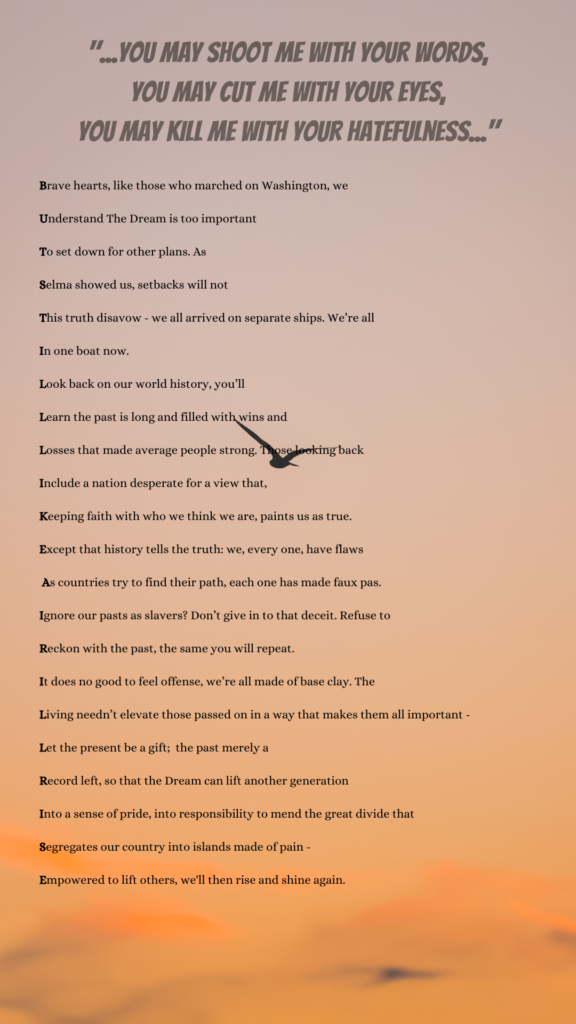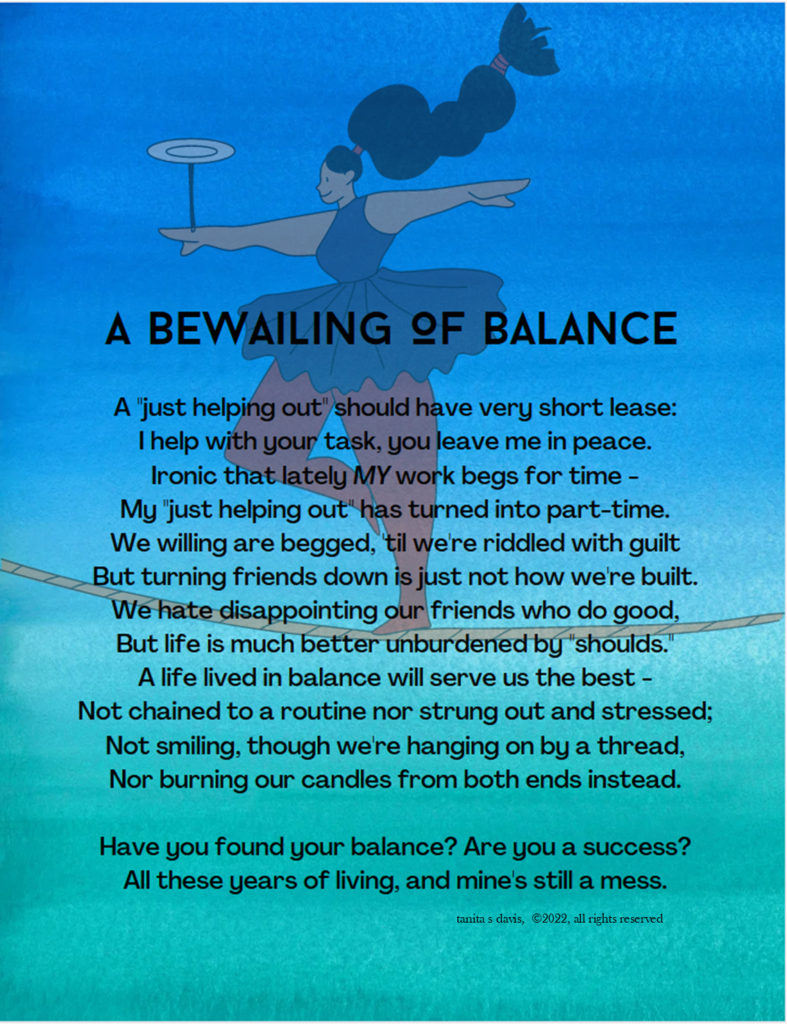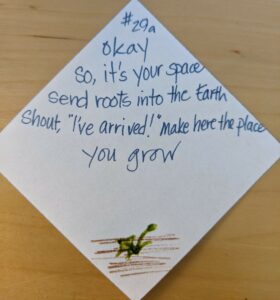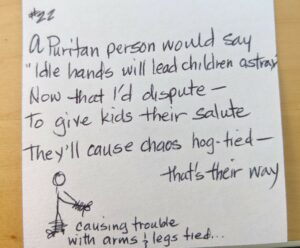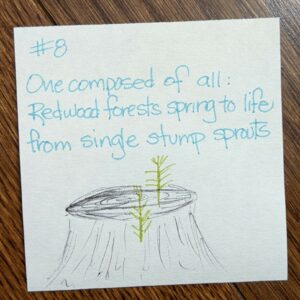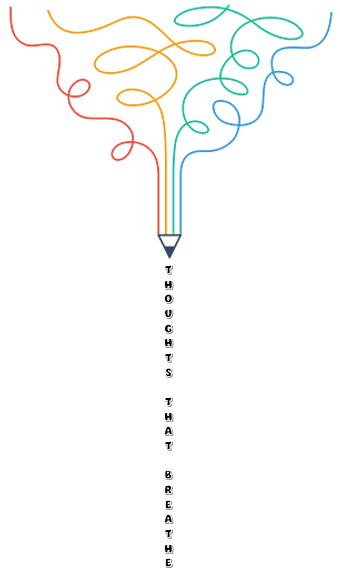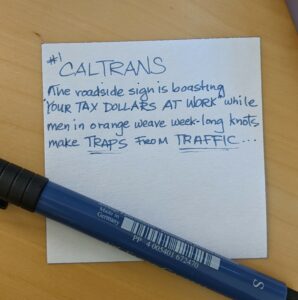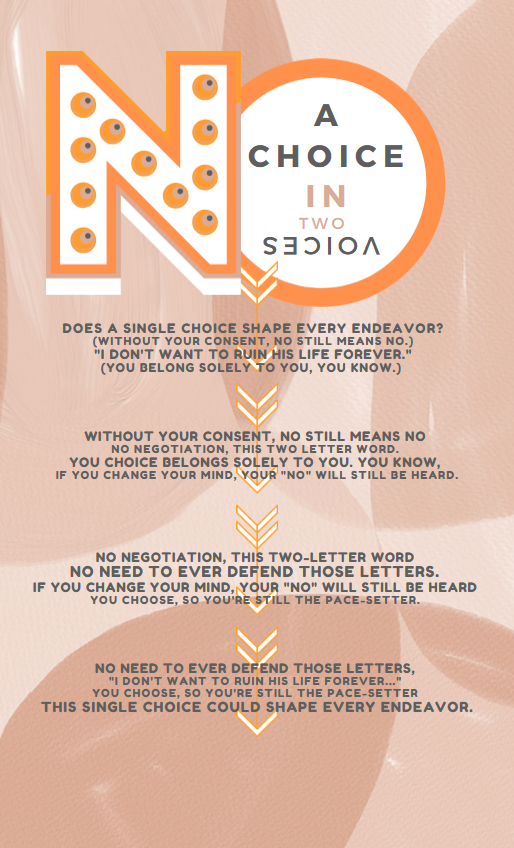Poetry Peeps! You’re invited to our challenge in the month of September! Here’s the scoop: We’re drawing a form from within our community and doing a Definito. Created by poet Heidi Mordhorst, the definito is a free verse poem of 8-12 lines (aimed at readers 8-12 years old) that highlights wordplay as it demonstrates the meaning of a less common word, which itself always ends the poem. Are you in? Good! You’ve got a month to craft your creation(s), then share your offering with the rest of us on September 30th in a post and/or on social media with the tag #PoetryPals.
Welcome, Poets, to the liminal season, where we are on the threshold of seasons, standing between the last gasp of summer, and the first breath of autumn. The Poetry Sisters’ challenge this month was a good one for a moment of transition, as it was a new-to-us form called the Bop. Created by poet Afaa Michael Weaver, the Bop is a kind of poetic argument, with the first stanza setting up a complaint, the second expanding on it, and the third either providing resolution or a narrative of a failed resolution. You can read Laura‘s poem, Mary Lee’s, Tricia and Liz’s poems here. Michelle K. joins us here. A few more Bops might pop up throughout the weekend, so stay tuned.
For more Poetry Friday offerings, and to share your own click here. Thanks for stopping by.
With my affection for the villanelle and the sestina, you’d think I’d be at ease working with a refrain, but perhaps it was something about a group-sourced refrain (hat tip to Poetry Sister Sara) that tripped me up. For whatever reason, the refrain in the Bop seems wholly separate from the stanzas… so much so, that I ended up hitting a wall at the end of my first stanza. Suddenly the fourteen-syllable lines seemed clunky, and the beats fell oddly. I started over, trimming my lines, but then the rhyme felt forced. Another draft, now completely unrhymed, but the internal rhythm and more polished language of my lines felt off when faced with that casually worded refrain. Isn’t that just the way it goes when you have a poetic form you’re certain will be simple? Eventually I got it to where I was …just done messing with it. I left the rhyme imperfect, with an off-meter step near the end of each stanza to signal that repeated refrain coming to pause the discussion again. Reminding myself these poems are meant to be exercise and not perfection, I stumbled and limped into my imperfectly perfect topic… housekeeping.
(Ashes to Ashes, and) Nuts to Dust
Disorder settles like the dust
Drifts into velvet piles
In quiet corners. Laundry Lurks,
disheveled. All the while
Freedom peers in through glass panes
Begrimed by birds. It waves hello….
Let’s kick that can down the road.
“Filthy” is not the kind of word
That tells the tale. There’s no mildew.
The difference between “clean” and “neat”
is miles apart. The follow-through,
Is that perfection never lasts:
A moment’s lapse, and things explode.
Chaos comes roaring, moving fast,
disrupts, dismays, and discommodes…
Let’s kick that can down the road.
Through window streaks you’ll see sunrise
And sunbeams dancing on the air.
A wrinkle will not scandalize
A meadow when you’re walking there.
That cabbage moth’s not judging you,
So, take today, get out and go.
…And kick that can down the road.
Just now, we all have so much to do – classes to start, books to buy, odd socks and lunch dishes to find, dust bunnies to rout, and water bills to pay. I hope we can find a moment to take stock and figure out which cans can be kicked down the road indefinitely – and which cans are absolutely only for right now, and must be cracked open immediately to let the full fizz of life bubble out. Carpe diem, poets. Don’t let that just be a catch phrase, life is way too short. Grab all the joy that you can – and splash it out. Happy Weekend.
(Commenting snafus: Commenting issues are an artifact of a sometimes aggressive spam filter. If your comment seems to vanish, it likely got caught. No worries, I’ll fish it out shortly!)



